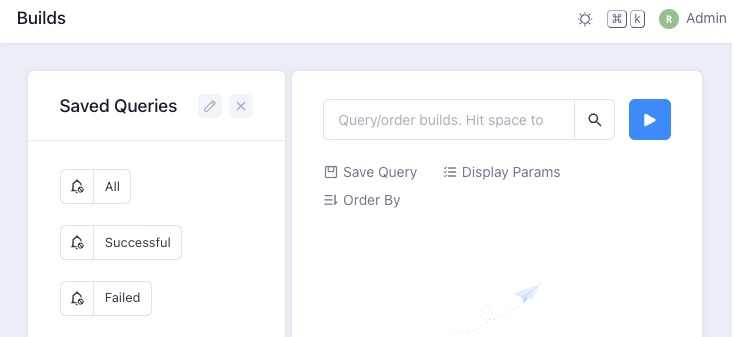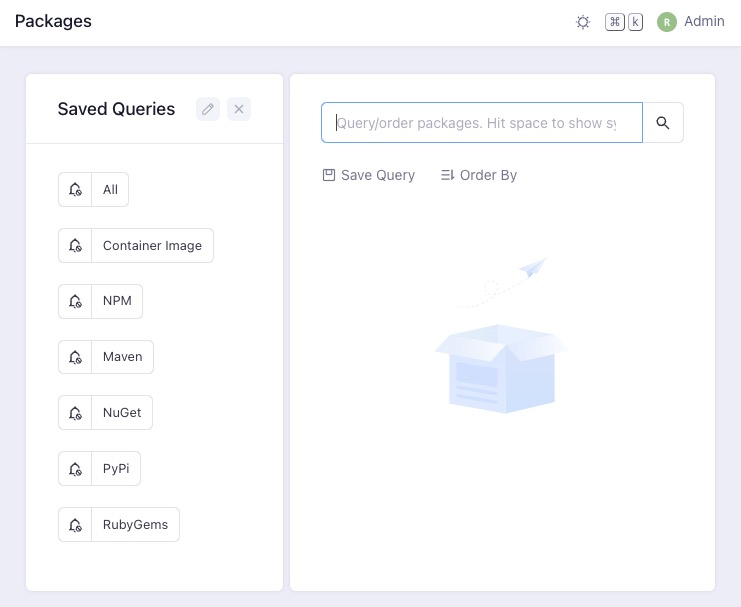OneDev is an open source all-in-one DevOps platform. It provides a solution for issue tracking, Git management, continuous integration, and continuous deployment. OneDev's provides code repository for version control, an issue tracker for task management, and built-in continuous integration tools to automate the build, test, and deployment processes.
Log in
On your first visit to the site, you will be presented with the login/signup screen.

When your instance is first created, an account is created for you with the email you chose. You can get the password for this account by going to your Elestio dashboard and clicking on the "Show Password" button.
Enter your username and password and click the "Log in" button.
Creating Project
Project is a repository of code that is being worked on. It's the central unit where all development activities take place. Each project contains the source code, as well as associated elements such as issues, pull requests, builds, and more. Projects in OneDev can be either public or private, depending on whether they should be accessible to everyone or only to certain users. Each project has its own set of permissions that control who can view, edit, or manage the project. OneDev supports both Git and Subversion as version control systems for projects. It also provides a web interface for managing and viewing projects, including code browsing, issue tracking, pull requests, and continuous integration features.

Creating Pull Request
Pull request is a mechanism for a developer to notify team members that they have completed a feature or fixed a bug. It's a proposal for changes to be merged into a codebase. Pull requests are created when a developer forks a project, makes changes in their fork, and then asks that their changes be included in the original project. This process enables code review and discussion about the proposed changes before they are integrated into the codebase. When a pull request is created in OneDev, it can be reviewed, commented on, and eventually merged by other team members. OneDev provides a web interface for managing pull requests, including diff views to see what changes have been made, and the ability to merge the changes directly from the interface.

Creating Issue
Issue is a way to track tasks, enhancements, and bugs for your projects. It's a record in the issue tracking system that contains information about a particular work item, including its type, priority, status, assignee, and a description of the work to be done. Issues in OneDev can be created by anyone who has the necessary permissions, and they can be assigned to specific users for resolution. They can also be categorized and prioritized to manage the workflow. OneDev provides a web interface for managing issues, tracking their progress over time. It also supports custom fields and workflows, allowing you to tailor the issue tracking process to fit your team's needs.

Builds
Builds are part of the continuous integration (CI) process. A build is a process of converting source code into a software artifact that can be run on a computer. When you commit changes to your codebase, OneDev can automatically trigger a build process. This process usually involves compiling the code, running tests, and creating an executable application. By automating the build process and integrating it with the rest of your development workflow, OneDev helps to catch and fix errors more quickly, and ensures that your software is always in a releasable state.

Packages
Packages are the software artifacts that are produced as a result of a build process. These could be compiled binaries, libraries, or even packaged source code. Packages are versioned and can be stored in a repository for distribution. They can be downloaded and installed on a computer or a server to run the software application. OneDev helps in managing and tracking packages as part of its continuous integration (CI) and continuous delivery (CD) capabilities. This includes the ability to automatically build packages from source code, store them in a repository, and deploy them to various environments.
